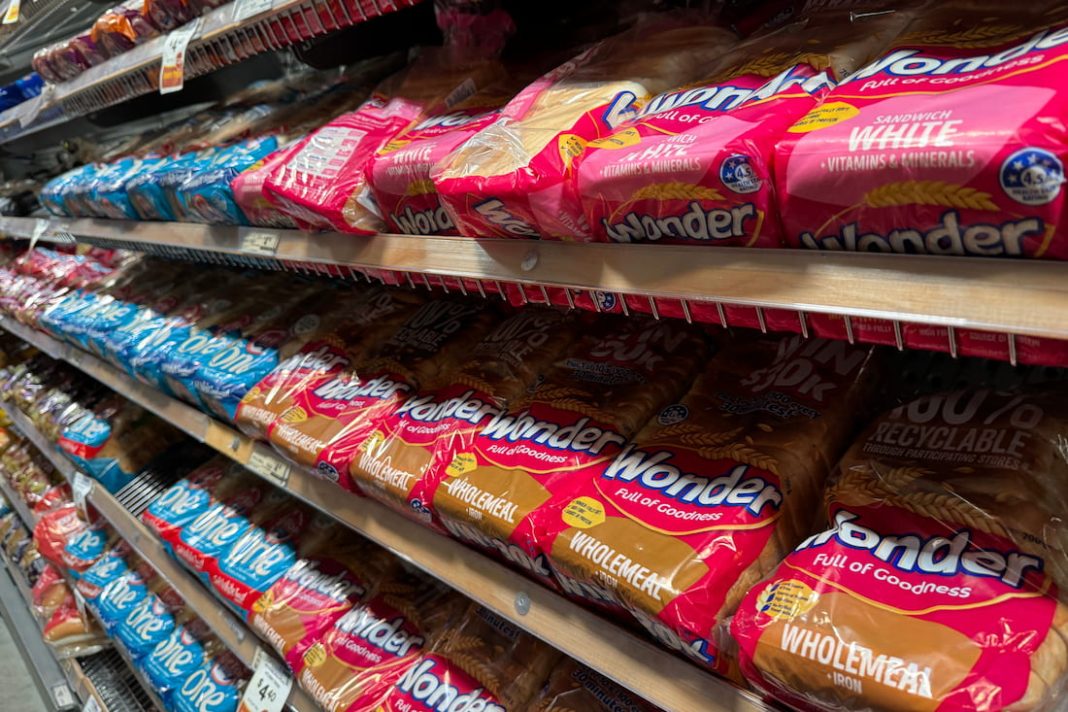Australians on income support are cutting back on meat, fresh fruit and vegetables as the the rising cost of living stretches their low payments.
The Australian Council of Social Service (ACOSS) surveyed 760 people living on JobSeeker, Youth Allowance and the Parenting Payment in July and August.
It found three in four were struggling to afford the medication they needed and 51 per cent said they skipped meals altogether.
Most (71 per cent) said they were cutting back on certain foods while 81 per cent said they did not use their car as often.
During winter, 68 per cent cut back on heating or cooling their homes while 54 per cent lowered their use of lights and 42 per cent said they went to bed early to save money.
Rental stress, which involves paying more than 30 per cent of income on rent, impacted 94 per cent of those surveyed.
ACOSS acting chief executive Edwina MacDonald said a lack of access to funds was “seriously damaging people’s physical and mental health”.
“These findings are deeply disturbing and are a source of national shame,” Ms MacDonald said.
“The reality is that if you receive JobSeeker or a related income support payment, you are unable to afford essentials and are forced into a life of poverty and deprivation.”
Ms MacDonald said Australia’s level of government income support did not stack up against overseas counterparts.
“Income support should help people get through tough times, not keep them in a struggle for survival,” she said.
“Australia has one of the lowest income support payments among wealthy nations and the OECD has recommended increasing them.
“The government must urgently lift these payments to a livable level.”
Of those surveyed, 92 per cent said the low rate of income support harmed their mental health and 84 per cent said it was harming their physical health.
The sample size was smaller than some published surveys due to access issues for specific cohorts of people targeted in the study.
More than 1.4 million Australians receive payments similar to those listed to cover the cost of food, housing, transport and health care.



